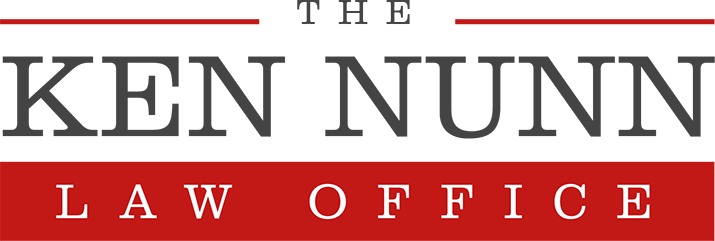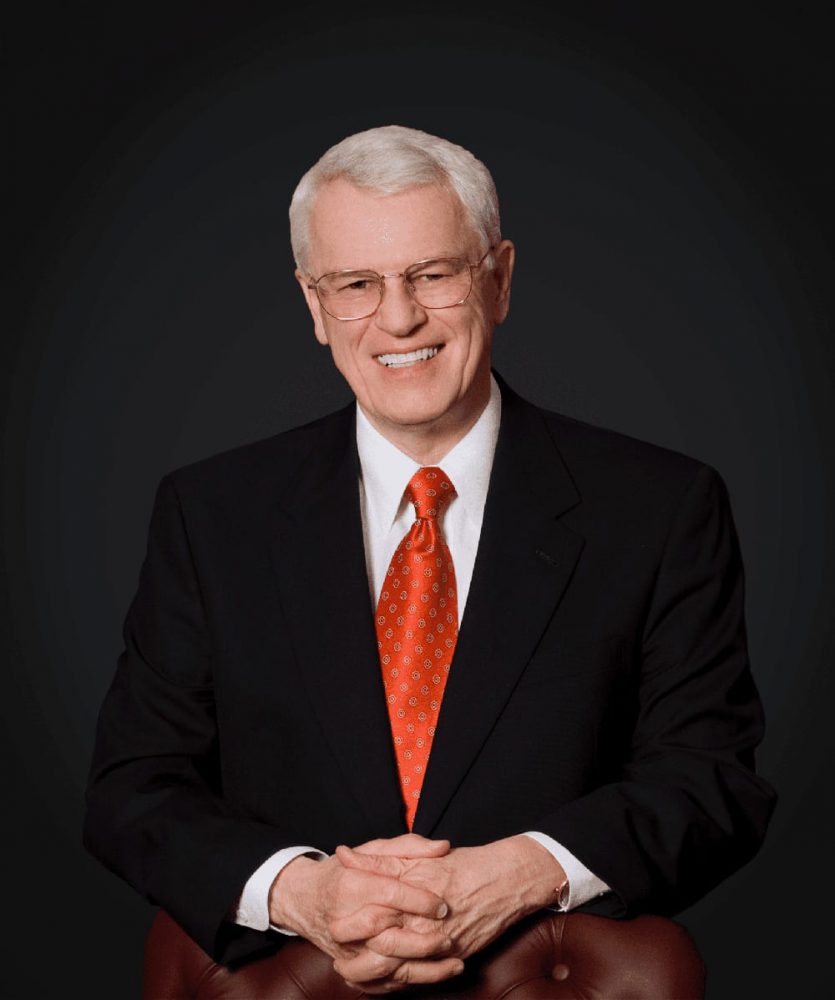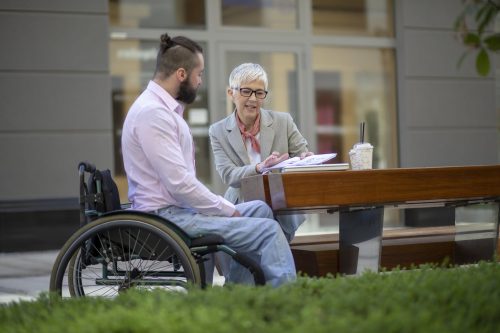
Commercial truck accidents occur for a variety of reasons, including driver error, road conditions, and mechanical failure. Because of the risk of catastrophic injuries and death in a commercial truck accident, the truck driver and the owner of the truck must take steps to ensure the truck is in top working orders, including the entire brake system.
Why Do Brakes Fail?
Usually, brakes fail for several reasons.
- The brakes are defective;
- The brakes were installed or repaired incorrectly;
- The brake system was not maintained; or,
- The driver did not use the brakes correctly.
There are times when the truck brakes are defective due to a manufacturing or design problem. If this is the case, you may be able to recover compensation from the designer, manufacturer, or other party involved in marketing and selling the truck brakes. If the brakes were not defective, but they were installed or repaired incorrectly, the repair shop would be responsible for any damages arising from a truck accident caused by brake failure.
In some truck accidents, the brakes failed because the truck was not properly maintained. A commercial truck is a complicated piece of machinery that must undergo regular maintenance. If the company fails to maintain the vehicle, including the brake system, the company may be held liable for an accident. Maintaining the vehicle also includes regular inspections of the brake system to ensure everything is working properly.
Because the truck driver knows how the truck should handle in various situations, he is the one person who is in a position to know if the brakes are working correctly. However, the truck driver can also contribute to brake failure if the driver is operating the rig in a reckless manner by speeding and stopping suddenly or allowing the truck to be overloaded. In either case, the brakes are wearing more rapidly because of the additional force placed on the brakes to stop a speeding truck or stop a truck that has too much weight.
Determining Fault In A Truck Accident
When a commercial truck is involved in a traffic accident, it is crucial that the responsible parties be identified as soon as possible. You must prove that someone was responsible for the collision in order to recover compensation. As discussed above, when commercial truck brakes fail, several parties could be responsible for the resulting collision. Our Indiana truck accident lawyer conducts a thorough truck accident investigation to determine the parties who are liable for your injuries.
Naming the correct parties is essential to winning a truck accident case. One or more of the following parties could be responsible for the collision:
- The truck driver;
- The truck owner;
- The shipper (i.e. loading error);
- The brake manufacturer and/or designer;
- The truck mechanic; or,
- The repair shop.
Once the correct parties are identified, your truck accident lawyer can begin the process of filing a claim on your behalf. In many cases, the insurance company for the responsible party aggressively fights the claim; therefore, you want a truck accident lawyer who is aggressive and thorough to fight for your right to receive full compensation for your losses, damages, and injuries.
Call Our Indiana Truck Accident Lawyer
Over seventy percent of those injured in commercial truck accidents are the occupants of other vehicles. If you have been injured in a commercial truck accident, you deserve justice. Our truck accident lawyers are skilled at investigating truck accidents to determine the cause of the accident; identify the responsible party; and, gather and preserve key evidence. Our attorneys fight for the rights of our clients who are seriously injured in commercial truck accidents.
Contact The Ken Nunn Law Office by calling our office at 1-800-CALL-KEN or 1-800-225-5536 to tell your story to a compassionate truck accident lawyer. We offer free legal consultations, so you don’t have to worry about paying an attorney to obtain the advice you need to protect your best interests.







